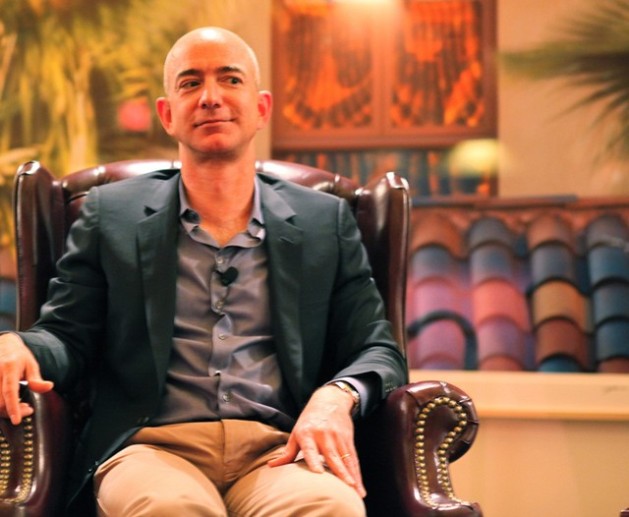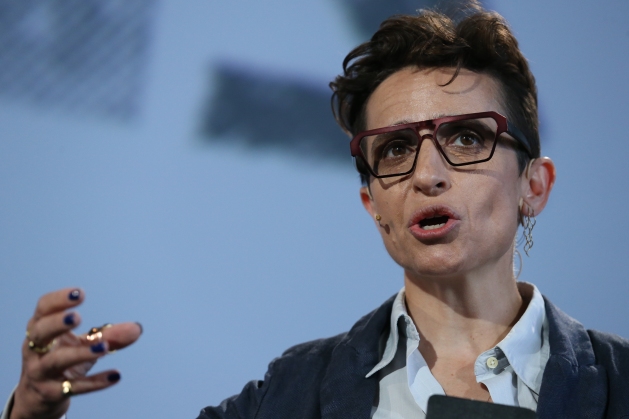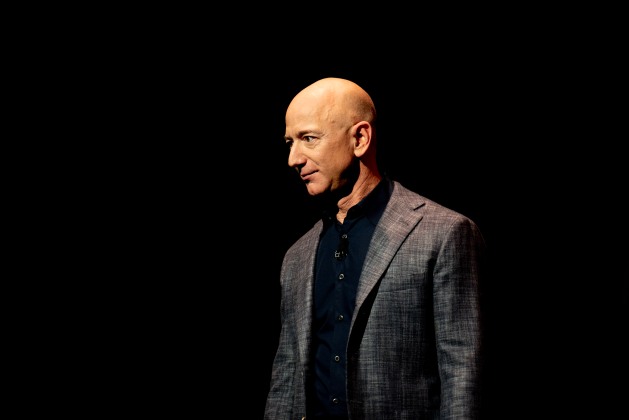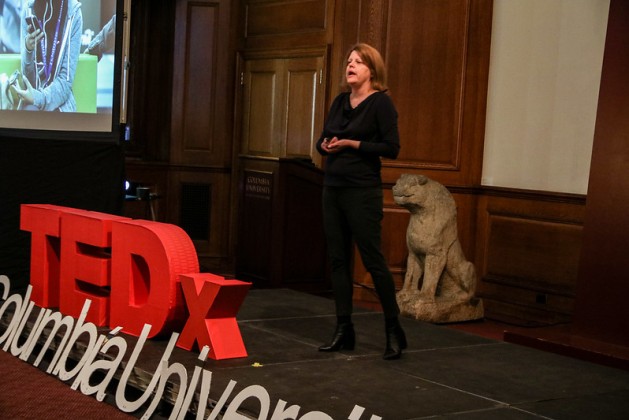It was a little more than nine years ago that John and Linda Henry completed their purchase of The Boston Globe from the New York Times Co. But it wasn’t until today that they hired their first top news editor.
Late this afternoon the Globe announced that Nancy Barnes, currently the chief news executive at NPR, would replace longtime editor Brian McGrory on Feb. 1. McGrory said in September that he would retire at the end of the year in order to become chair of the journalism department at Boston University.
Barnes, 61, has local ties, having grown up in the Boston area and worked as an intern at the Globe and as a reporter at The Sun of Lowell earlier in her career. Before coming to NPR as senior vice president for news and editorial director in 2018, she had held the top editing jobs at the Houston Chronicle and the Star Tribune of Minneapolis.
Barnes’ tenure at NPR was not entirely a happy one. In September, after a new executive position was created above her, she said she would leave by the end of the year, saying, “Now is the right time for me to pursue some other opportunities.” NPR media reporter David Folkenflik wrote that Barnes could seem “aloof” at times, although he noted that she had come in under stressful circumstances: her predecessor, Michael Oreskes, had departed amid multiple accusations of sexual harassment. Folkenflik described her legacy in glowing terms:
Barnes helped NPR News achieve substantive accomplishments in a period buffeted by external crises that the network had to both endure and cover. She accelerated NPR’s investigative and enterprise reporting efforts; helped map out reporting on the pandemic and the war in Ukraine; and broadened the network’s coverage of issues of race, identity and social justice.
In addition, she oversaw a more aggressive stance in reporting on the growing threat to democracy from supporters of former President Donald Trump. Barnes also established a more muscular presence for the network in covering climate change. The newsroom continued to garner major accolades, winning its first Pulitzer, in collaboration with two member stations, and becoming a Pulitzer finalist several times.
Like Marty Baron, who preceded McGrory as the Globe’s editor, Barnes is an outsider. Throughout the Globe’s history, though, most of the paper’s editors, including McGrory, have been insiders. And here’s a qualification that Linda Henry cited in her memo to the staff, which appears below: Barnes has served as the top news executive at an organization other than a newspaper. As the Globe moves more into podcasts and other forms of media, Barnes will be in a good position to help lead the way.
McGrory — who did as much as anyone to recruit the Henrys as buyers for the Globe, as I described in my 2018 book “The Return of the Moguls” — leaves quite a legacy of his own. On McGrory’s watch, the Globe has thrived journalistically and has emerged as among a handful of large regional newspapers that have achieved financial sustainability. He was a popular metro columnist before becoming the editor, and he will write a column for the opinion section once he leaves the paper.
This is the second major hire at the Globe this year. In May, James Dao was recruited from The New York Times to edit the paper’s opinion section. Barnes and Dao will both report directly to Linda Henry, the chief executive of Boston Globe Media, and John Henry, the publisher of the Globe. Linda Henry’s full memo to the troops was fowarded to me a few hours ago by several trusted sources. Here it is in full with the exception of the search committee members, since those names would be meaningful only to Globe insiders:
A few months ago, I shared that we began a search for the next leader of the Globe’s newsroom as Brian McGrory begins his next chapter at BU and resumes a familiar, but new(ish) role as columnist for the Globe on the Opinion side. In the time since, we have met with a field of incredibly talented leaders — both inside and outside our organization — and I am thrilled to share with you today that Nancy Barnes will become the 13th editor of The Boston Globe.
Nancy, as many of you know, is an accomplished journalist and transformational leader who has held the top job at some of the largest newsrooms in the country. She currently serves as NPR’s senior vice president for news and editorial director, leading a team of more than 500 journalists and newsroom executives, with oversight of NPR’s journalism around the world and across platforms. She’s also deeply engaged in the industry, serving on the prestigious Pulitzer Prize Board, the Peabody Awards, and as a past president of the News Leaders Association.
This is somewhat of a homecoming for Nancy, who was born in Cambridge and grew up in Wilmington before moving to Virginia. She holds something in common with many of the country’s top journalists, having started her lifelong career in journalism as an intern at The Boston Globe. After college, she returned to the area to work at the Lowell Sun, and then spent a decade at the News & Observer [of Raleigh, North Carolina]. She earned an MBA before joining the Minneapolis Star Tribune as executive editor, where she modernized their digital journalism and led the newsroom to win multiple national awards, including a Pulitzer Prize in local reporting. When Nancy moved to Texas to take on the role of SVP and Executive Editor for Hearst Texas newspapers, The Houston Chronicle won its first Pulitzer Prize and was named a Pulitzer Finalist three other times during her tenure.
I’ve been delighted and inspired by my conversations with Nancy. She has shared that her priorities in this role are to tap into the tremendous innovation that our company has embraced over the last several years and to ensure that our mentorship and development for journalists at all levels of their careers remains vibrant and transformative. Nancy knows the importance of serving an engaged local audience and has a proven track record of elevating metro news outlets to their highest potential.
On top of her proven track record with metros, I was particularly inspired by all that she has learned in her time away from newspapers over the past few years, immersed in an innovative, digital-forward, and global environment at NPR. She is thrilled to return to Boston with our regional expertise, and I know that her time at NPR has given her best practices, insights, and strategies that will inform her next chapter at the Globe. I am excited for her to guide our continued digital evolution, working with the incredible team of journalists here to better serve our growing reader base.
I once again would like to share my gratitude to Brian McGrory for his bold leadership as editor over the past ten years. Under Brian’s leadership, the Globe has continuously produced ambitious journalism, inspiring the talented journalists here to be searingly relevant and relentlessly interesting. He expanded coverage, led a newsroom reinvention which engaged the entire staff, and has helped the Globe adapt during one of the most challenging times in the newspaper industry. Our work has been recognized locally and nationally with many awards, including multiple Pulitzer Prizes and most recently, the award of General Excellence in Online Journalism by the Online News Association. Today, the Globe is arguably the most successful regional news organization in the country.
Inclusive of Stat News, Boston Globe Media now has the highest number of total subscribers that this institution has had since 2008, and we continue to lead in subscription numbers among our industry peers. We are extremely proud of all the ways that this growth has fueled continuous investment in our journalism, and we look forward to building on that momentum with Nancy’s extensive industry perspective and deep journalistic experience.
Please join us tomorrow, November 15th at 2pm in the newsroom, where Brian and I will be welcoming Nancy in person and she will introduce herself in the news hub. We will send an audio link for those who are not able to join us in person. She will officially join our team on February 1, 2023 and we will plan a time for her to meet many more of you in the new year.
A special thank you to the internal team that helped with this comprehensive and inspiring search process….
Thank you,
Linda Henry








